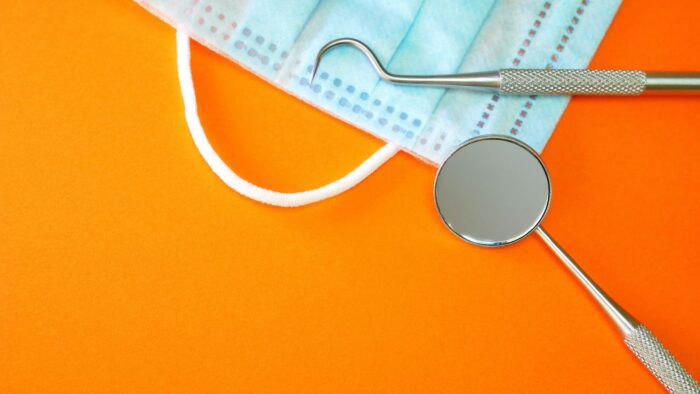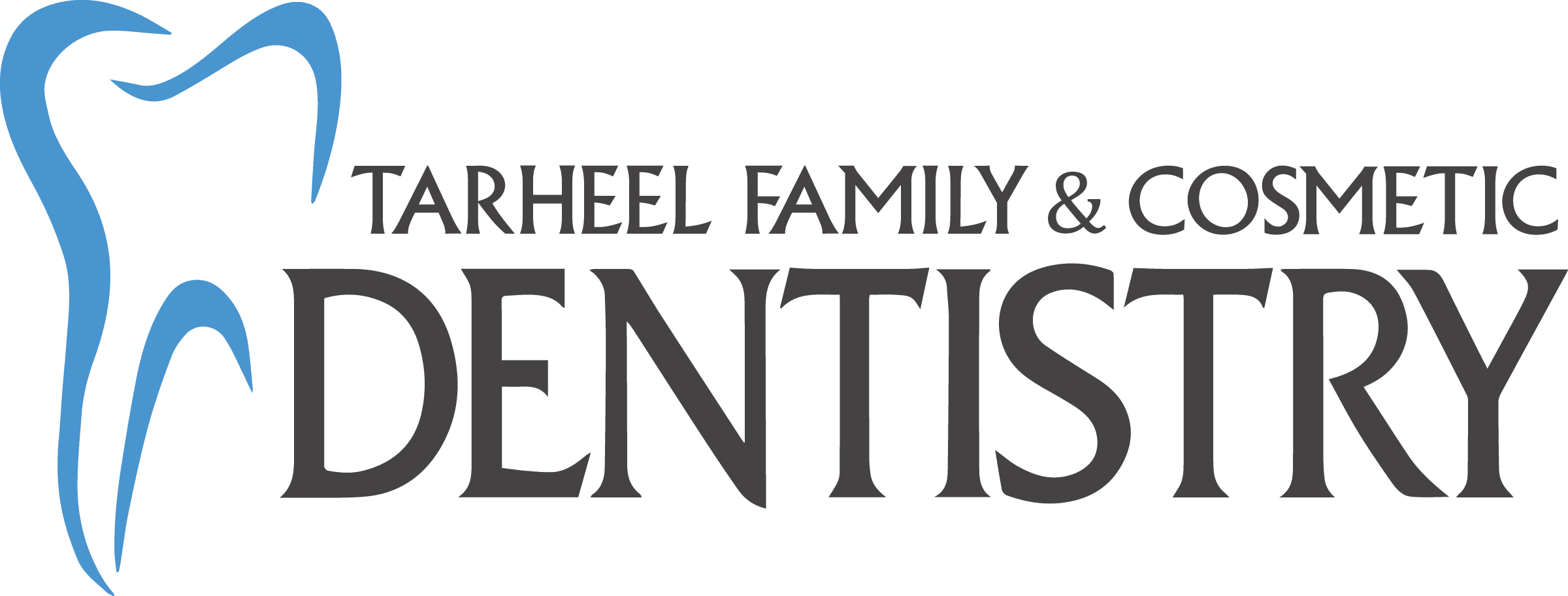One of the most widely consumed beverages in the world is coffee. In fact, Americans drink over 500 million cups of coffee every single day. It is a delicious warm drink that can kickstart your morning or start a lovely conversation with a friend. Even decaffeinated coffee can brighten your afternoon.
Although coffee is a wonderful beverage that many people cannot live without, it does have some negative effects on our teeth.

Increased Tooth Decay
If you drink coffee regularly, you could increase your chances of developing tooth decay. This is because coffee is naturally acidic. In addition, those deep, bold flavors can damage the enamel on your teeth. Unfortunately, the enamel is the protective layer on the outside of your teeth. It is what prevents bacteria and other substances from destroying your teeth.
However, acid can wear down your enamel. Over time, your teeth will become weaker as your enamel becomes thinner. As a result, you are more likely to develop cavities since your enamel cannot protect your teeth.
Bad Breath
Even if you’ve only had one cup of coffee, you may notice that your breath doesn’t smell great afterward. While coffee has delicious warm smells, it can make your breath smell bad. This may not be a dealbreaker for some people. However, you should be aware of its causes. It can contribute to poor oral health.
There are a few reasons why coffee can produce bad breath. The first reason has to do with the roasting process. As producers roast coffee, the beans release an aroma that contains sulfur. Sulfur and the acidity in coffee can cause bad breath.
Additionally, you may notice that after drinking coffee, you feel thirsty. This is because coffee can cause dry mouth, a condition where you do not produce enough saliva. Caffeine, the compound that provides natural energy and stimulation, can spark dry mouth. In addition, another element of coffee, known as tannins, can cause dry mouth.
Saliva is vital to keep your mouth healthy. If you do not produce enough saliva, you are more likely to develop tooth decay and gum disease. This is because saliva helps neutralize bad bacteria. The more coffee you drink, the more this can affect your mouth.
Discolored Teeth
If you want white, sparkling teeth, you should be aware of how much coffee you drink. Over time, coffee can cause your teeth to turn yellow. Although coffee is a dark color, it is not the only reason why your teeth become stained.
The tannins in coffee increase the ability of colors to stain your teeth. Although tannins give coffee its rich flavor, they can also give you a rich discoloration on your teeth. This is because tannins bind to the proteins in your saliva and teeth, making it easier for the discoloration to stay on your teeth.
If you want to keep your white teeth and your morning coffee, you might consider using a straw to keep the liquid off your teeth.
